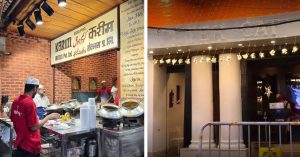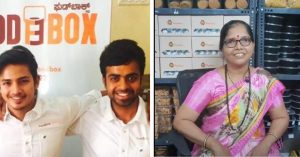How an Engineer Got 1 Lakh Maharashtra Homes to Pack Tiffins For the Hungry
All sourcing is volunteer-based. The cost of the initial 15 days or so was borne by Wadhwa and his friends. But as the operation grew, various communities and volunteers were more than willing to help out.
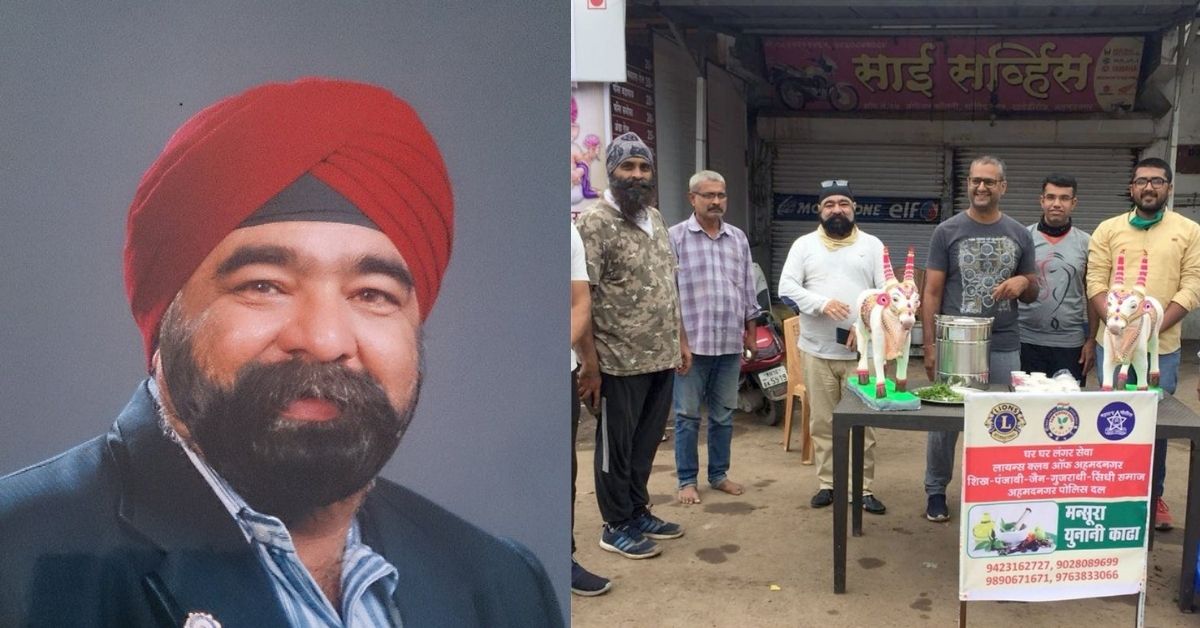
In view of the COVID-19 pandemic, Prime Minister Narendra Modi announced the Janata curfew on 22 March 2020, and urged all citizens to remain at home. The same day, Harjeetsingh Wadhwa, who lives in Ahmednagar in Maharashtra, was celebrating his youngest daughter’s birthday. It was then that he was struck with a thought — “Here we are, having a party at home. But what about those who don’t have access to any food tonight?”
With this thought in mind, Wadhwa, 47, made a quick WhatsApp group with a few of his old college friends who have been a part of his inner circle since 1989. His number began circulating on the app, with a message that a few volunteers are willing to deliver food to the doorsteps of the needy in the city. This idea, Wadhwa tells The Better India, was based on a pamphlet he received from his younger brother in London, stating that food will be delivered to those who have COVID-19 symptoms and are at home with no access to food.
Immediately, there was an influx of responses —Wadhwa says he got around 350 calls the same night. The group, called Langar Seva Group, was not prepared for this response, but remained undeterred. “We took the responses as they came for the first 10 days,” Wadhwa, a mechanical engineer by profession, says. “We managed the food’s preparation and transportation ourselves, doing our best to fulfill all orders.”
By the next day, Wadhwa had received over 1,300 responses.
‘Communities come together’
Here, Wadhwa recognised the imminent need for expanding operations. He made another group, called ‘Corona Health Group’, where he would reach out to more volunteers for help with the orders. People really came together, he says and adds, “By March 28-29, we were receiving close to 3,200 responses a day, and all of this food would be prepared by volunteers in their own homes. Some would give five tiffins, some 10, some 15. Initially, dal and khichdi would be prepared the most, because making roti sabzi would be difficult on a large scale.” Wadhwa’s group has now delivered over 4,15,000 food packets.
Gurudwaras, the Lions’ Club, the Jain, Gujarati and Sindhi Committees and the Punjabi Samaj all came together to help. Wadhwa himself has been an active member of the Lions’ Club and has been involved in social work from his early college years itself. He also had a stint with politics but left that behind 15 years ago to continue social service.
When Baisakhi rolled in, the question of whether people would be able to visit Gurudwaras for regular langars hung in the air. Here, the Langar Seva Group told volunteers to make rotis at their home, and offered to make sabzis to accompany them. The group’s members would collect these rotis from the volunteers’ homes. The response was such that while the target was 4,000 rotis, the group managed to collect over 8,000. Volunteers also made kheer. From hereon, this module was used for other occasions like Eid, Hanuman Jayanti and Maharashtra Day.
Meeting increasing demands
“We needed a big kitchen to cook the volume of food required. That’s when we were approached by Additional SP Sagar Patil and Deputy SP Sandeep Mitke, who offered the Ahmednagar police lawns for operations,” Wadhwa says. “We shifted here on March 29. My younger brother, Sunny Wadhwa, maintained a Google form. We divided Ahmednagar into eight areas. Two people would be sent to each area in the morning, and two in the evening to deliver the food, no matter what the demand was.”
Wadhwa’s group also employed women to cook rotis in large volumes to meet the food orders, which were well over 4,500 by April 7. “But this was also a challenge. If we had to cook for 2,500 people, this would mean making at least 5,000 phulkas, assuming one person consumed two each,” he says. “By 10 April, we rented out a roti making machine, which would help us making close to 4,000 rotis with ease. In the day, we would make rotis, and in the evening we would make rice.”
A beacon of hope
The food crisis has been one of the most jarring consequences of pandemic in India. A hasty nationwide lockdown has led to the amplification of already-existing vulnerabilities of the national food system. Students, the elderly, travellers and migrants workers were among the most affected by this. Hotels and student hostels had closed their kitchens. Working professionals were stuck at home with no supplies or food delivery services. The Langar Seva Group reached out to all.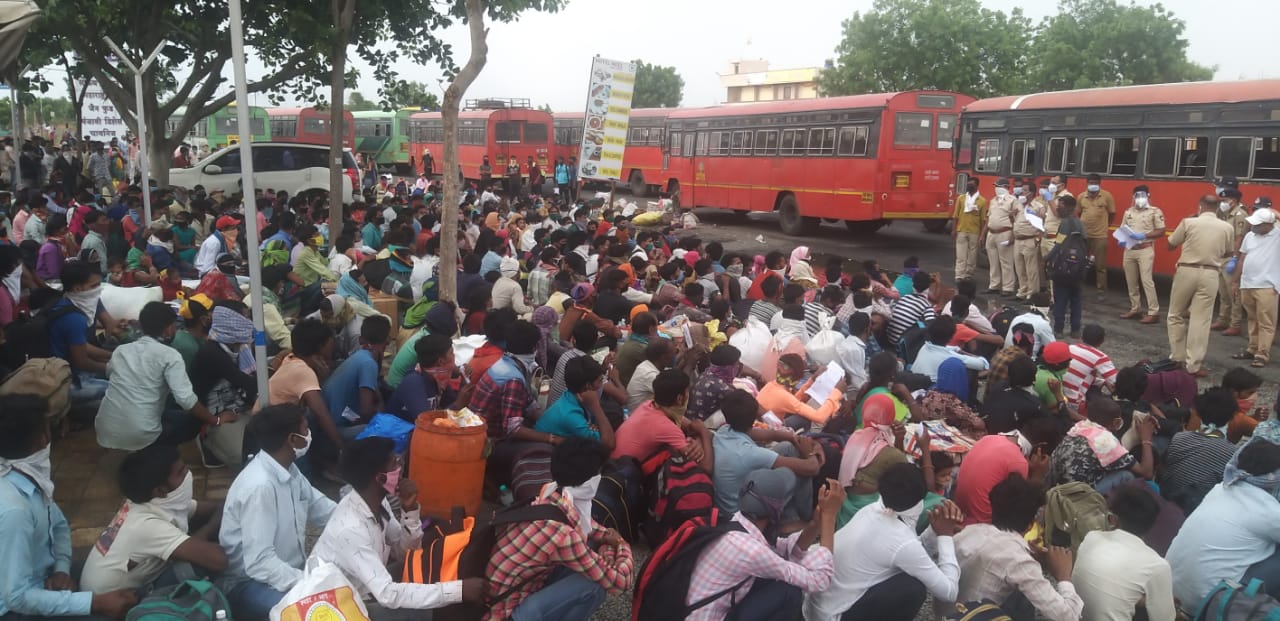
At the peak of the migrant crisis, the group made two separate teams, who would move around the city in their cars and stop on the roads to offer food to those who had set off for home on foot. Meanwhile, Shramik Trains began plying, and the group was contacted by railway officials for help. “Around 11 trains plied from Ahmednagar, and we were able to serve around 11,000 people,” Wadhwa says. Meanwhile, people were also coming in from the state buses. Around 3,000 people would be waiting at the bus stands daily, and Langar Seva would provide food to all of them.
In one instance, around 250 students were coming in from IIT Kota, Rajasthan, and the group received a request to provide food for them. “We’d already distributed the food for the day, but thought we could give these kids some cold drinks and similar items. But grocery shops had been shut, so where would we source them from? We got farsaan shops to open and bought some chocolates, soda and snacks from them,” Wadhwa tells The Better India. “The kids got very emotional when we climbed into the buses. All through their journey from Kota, they hadn’t even been given water. They said that at one point, we had the luxury of using flights to travel, and today, we’re in this cramped bus, with no food or water. They were touched by our initiative.”
With so much focus on immunity during the pandemic, Wadhwa decided to start serving mansoora kadha in various areas of Ahmednagar. Around 200 litres of the immunity-booster were being made every day. Moreover, around 2,300 ration kits – of 18 kgs each – were distributed among labourers who had the means to cook but did not have supplies. These would last a family up to four months.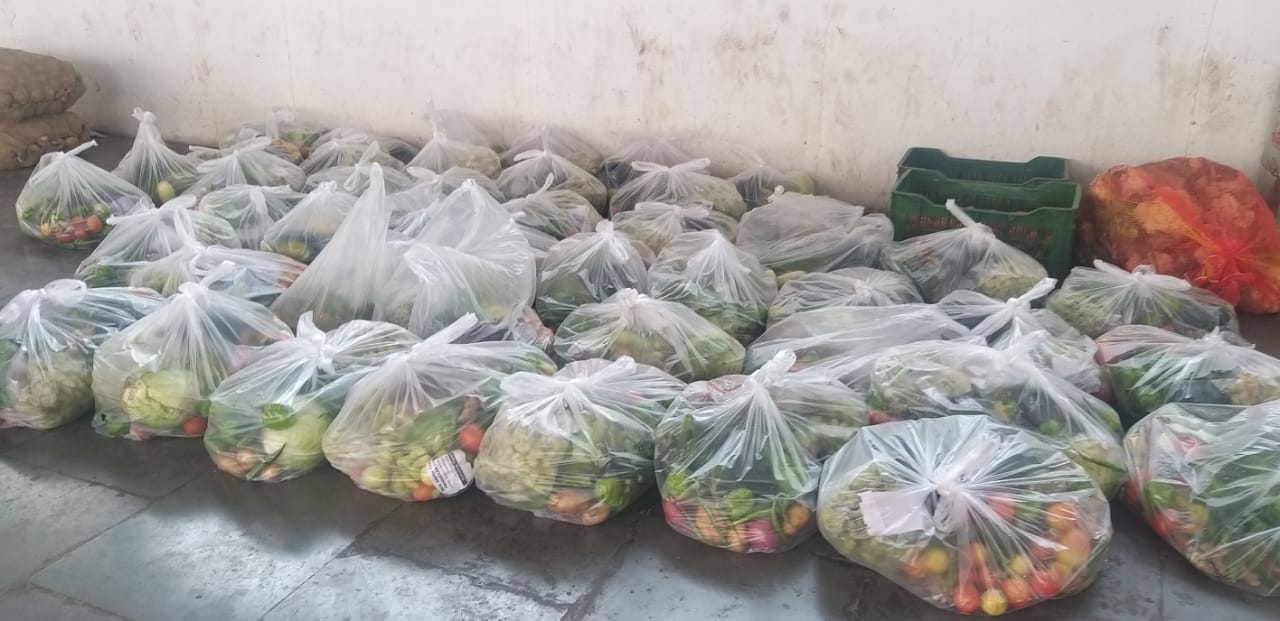
No one left behind
Langar Seva Group was approached by the Ahmednagar Municipal Corporation to start a COVID-19 care centre. “We never said no,” Wadhwa says. “No matter who approached us, and for whatever reason, we made sure we never turned them away.” The COVID-19 centre exists solely for women. The group supplies food and organises games and yoga sessions for patients. While the number of patients has reduced, the Corporation wants the centre to remain open in case a second wave hits the city. To ensure there was no wastage of any food, animal welfare groups were roped in to feed strays and other animals in the area.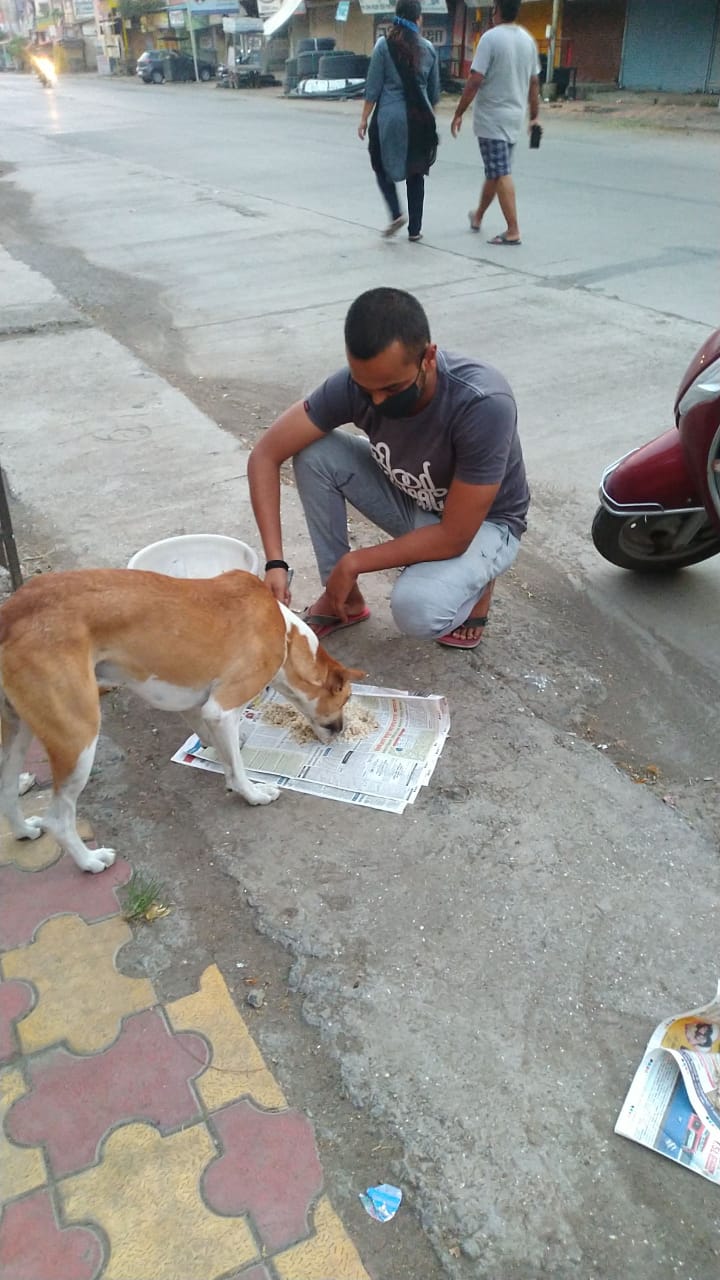
Simultaneously, schools reopened online, and many students found themselves drawing the short straw. The group had been providing these students with meals but heard they were struggling to attend online classes. Eight to nine students were using one device to study. The group provided books and stationery to 650 students, and mobile phones to around 38.
The beauty of the Langar Seva Group has been the coming together of communities. All sourcing of food and material is volunteer-based. The cost of the initial 15 days or so was borne by Wadhwa and his friends. But as the operation grew, various communities and volunteers were more than willing to help out. “We never even had to buy masalas and spices, we’d simply post on the group, and volunteers would reach out to us,” Wadhwa says. “We managed to collect close to Rs 7 to 8 lakh, but our expenditure has been Rs 2 crore at least, both in-kind and cash.”
A challenging journey
“In the initial days of this movement, we faced a lot of resistance from our own family members,” Wadhwa recalls. “They were against us stepping out during coronavirus, owing to the risk of being infected. Another challenge was ensuring physical distance. We would get a lot of immediate demands from politicians trying to appease people in village areas, but we needed to get these demands verified before sending them anything. If we were not careful about maintaining distance, the lockdown and other COVID-19 guidelines would be meaningless. We would also get orders from COVID-19 wards, and delivering food there always posed a health risk.”
“But,” he adds, “we wanted to focus on the larger and positive message of this initiative. Sometimes we would get food orders at random hours, sometimes the demands would be hard to meet, but we knew we had to overlook and overcome. What’s more is that in these last seven and a half months, not one of our 65 members was infected with the coronavirus.” Wadhwa’s wife, who is a doctor, would conduct occasional health checks for all members to ensure everything was running smoothly.
Wadhwa credits the Langar Seva Group as a family initiative. “It’s not just me,” he says, adding, “My wife and younger brother are both actively involved as well.
A link to the Langar Seva Group’s work and contact details can be found here.
(Edited by Yoshita Rao)
This story made me
- 97
- 121
- 89
- 167
Tell Us More
We bring stories straight from the heart of India, to inspire millions and create a wave of impact. Our positive movement is growing bigger everyday, and we would love for you to join it.
Please contribute whatever you can, every little penny helps our team in bringing you more stories that support dreams and spread hope.






